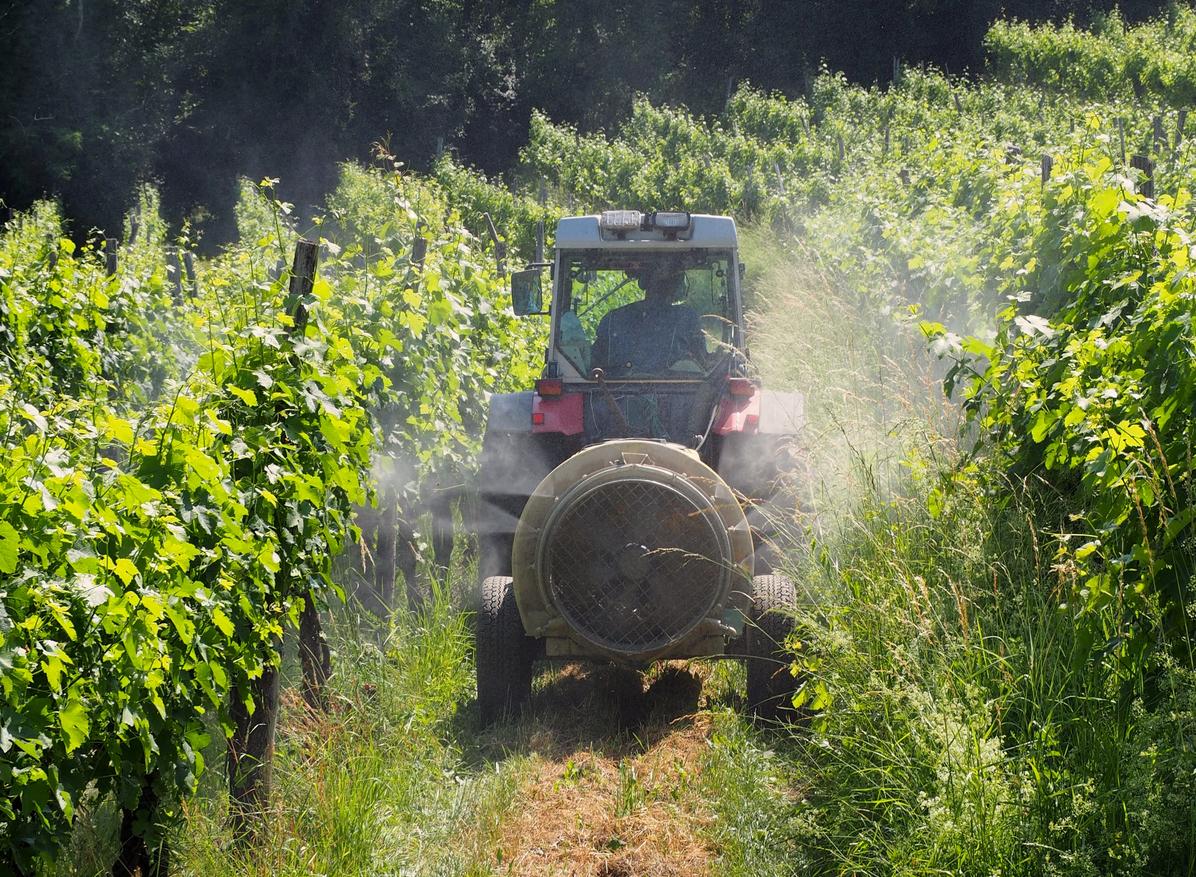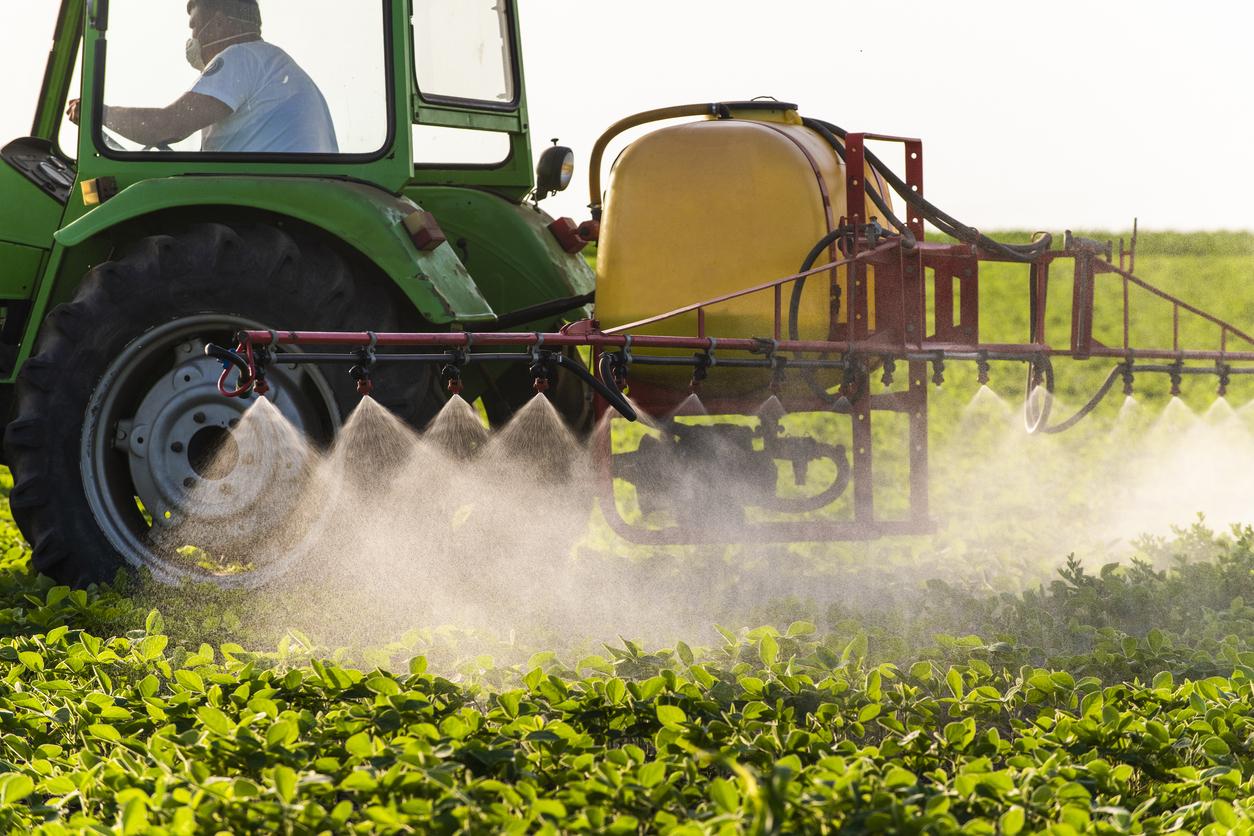A long-awaited report on the exposure of French farmers to pesticides has just been – discreetly – published. He points to a lack of transparency, including of his own services.

It took some time for ANSES (National Agency for Food, Environmental and Occupational Health and Safety) to publish this report, the result of five years of work spent combing through the literature on pesticides, data on exposed workers, and the diseases caused. Three times, the publication of these 1000 pages gathered in seven volumes has been postponed; the NGOs feared that the text would be buried forever.
Internal disagreements
But it is indeed online, on the Agency’s website. Broadcast in the middle of the summer holidays, of course, without press release or conference, it’s true; but we can now consult it.
Proof of the embarrassment around this ultra-sensitive report, ANSES explains its delay by the late receipt of a note stating a divergent position “from two experts from the working group who conducted this expertise”. A sort of veto posed internally by these two researchers, while the work of the agency aims in particular to assess the capacity of its own services to deal with the question of exposure to pesticides.
Data opacity
However, it is indeed an admission of failure that appears implicitly in this report. The exposure of workers to plant protection products remains largely under-documented, for lack of independent studies, stresses ANSES. The number of exposed farmers amounts to one million, but that is without counting the “hundreds of thousands of non-permanent workers as well as several tens of thousands of trainees”.
“No organization in France is in charge of producing [les données relatives aux expositions aux pesticides]. These data, which can also be used in the context of product registration, are for some produced by non-independent organizations (having an economic interest in the sale of pesticides, either directly via the sale of products, or indirectly via the marketing of downstream products)”, one can read.
Inappropriate policies
The group of experts also notes that the measures deployed to limit exposure are based on an inappropriate logic. These policies are “largely centered on a few material determinants of exposure relating to the individual behavior of people at work: hygiene measures, wearing of personal protective equipment”.
However, “according to the general principles of prevention in occupational health, these measures should only be used as a last resort after the substitution and implementation of collective prevention measures, relating for example to the organization of work”.
The experts recommend limiting the use of pesticides in the first place, an imperative that must prevail in the years to come. In addition, an intense effort on training in the dangers, risks and safety of use must be deployed. “Occupational health concerns relating to exposure to pesticides of people working in agriculture are taken into account in a very heterogeneous and sometimes reduced way during the initial training intended for these people”, which does not make it possible to raise awareness the first concerned, deplores ANSES.
.

















